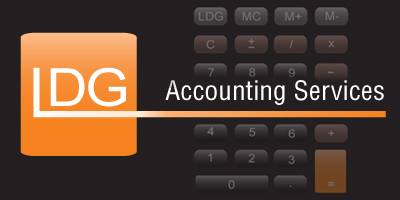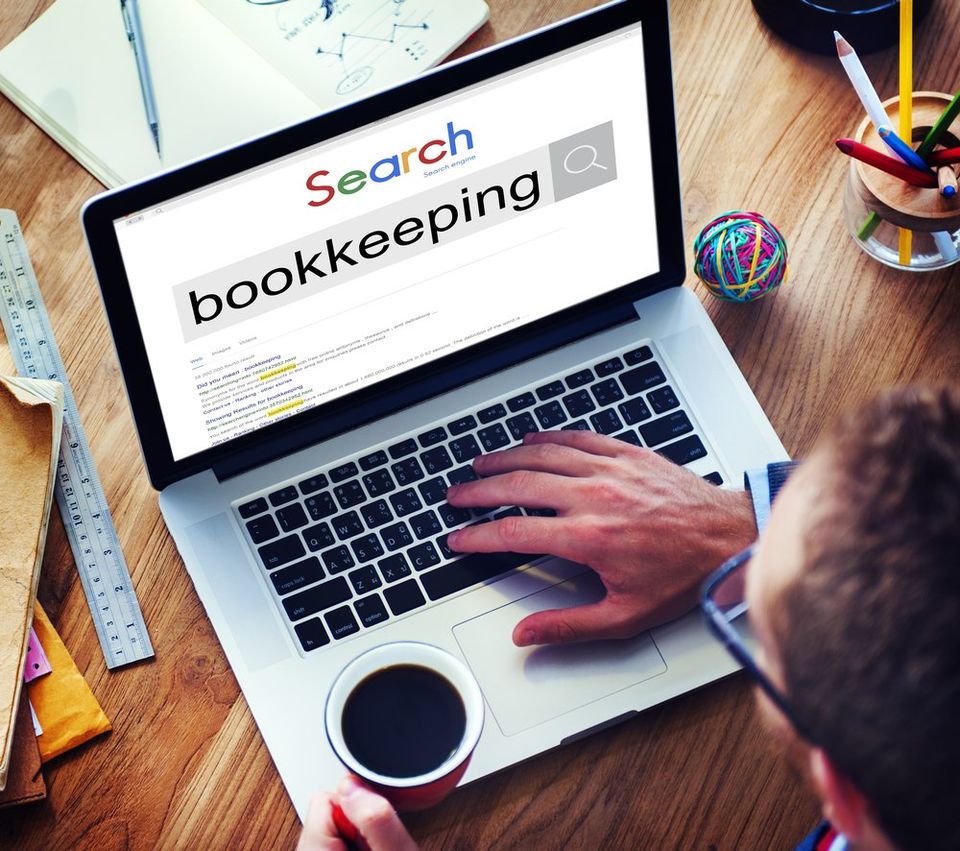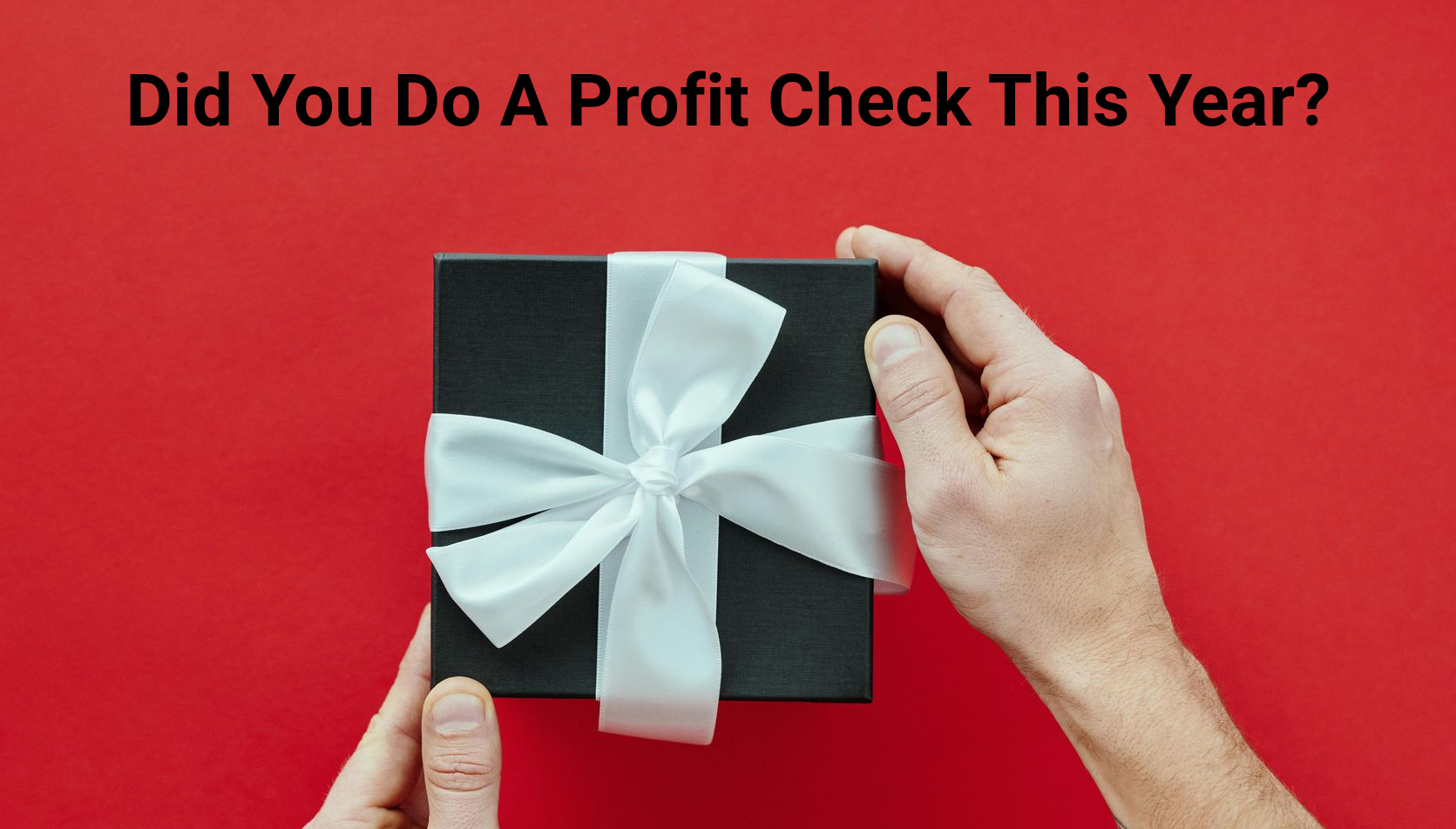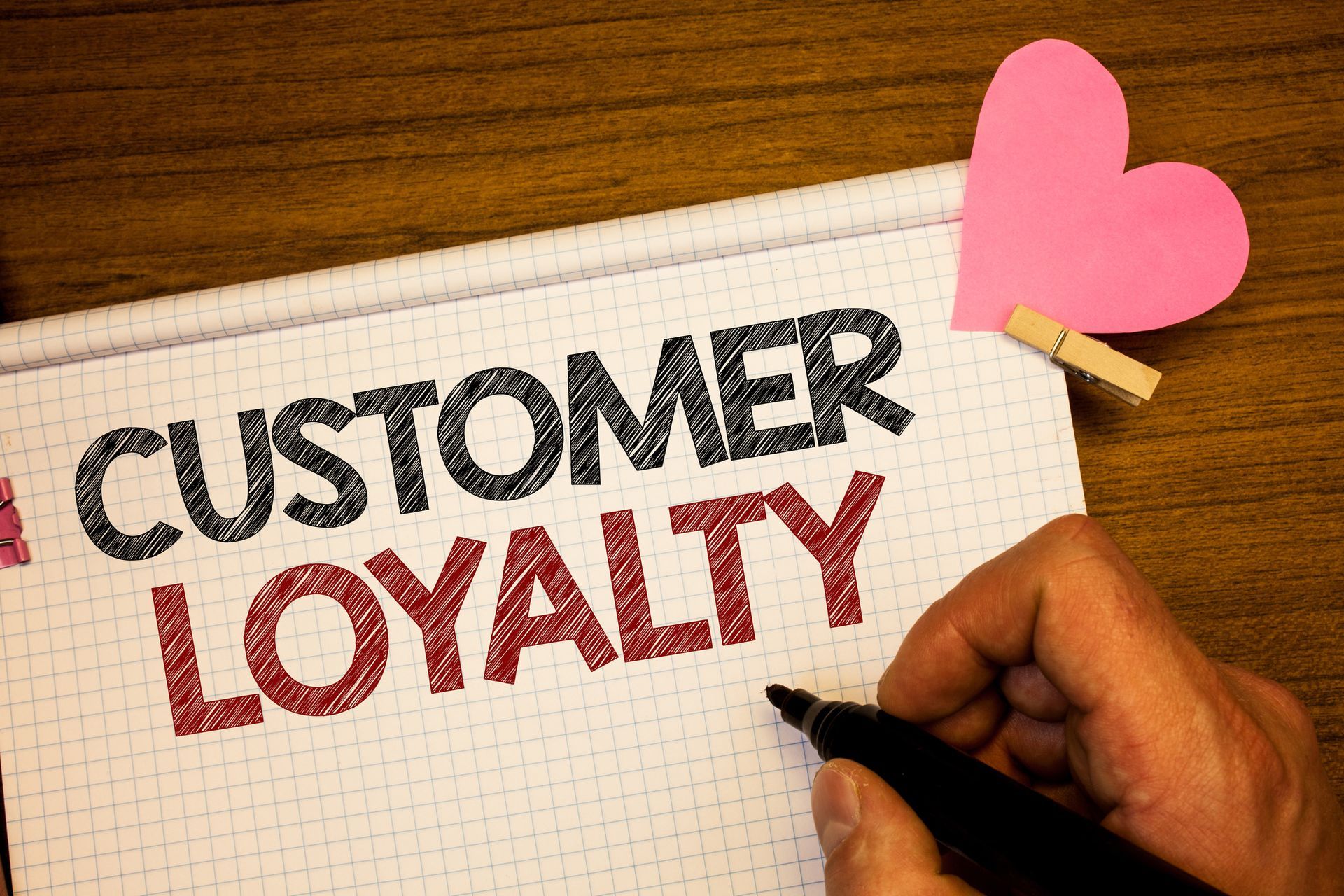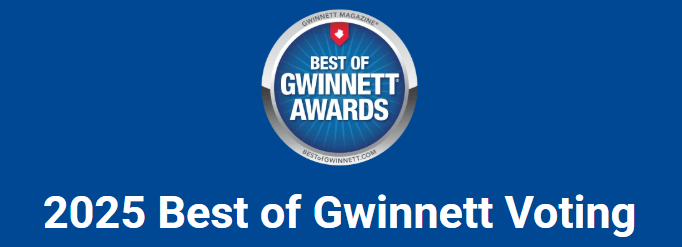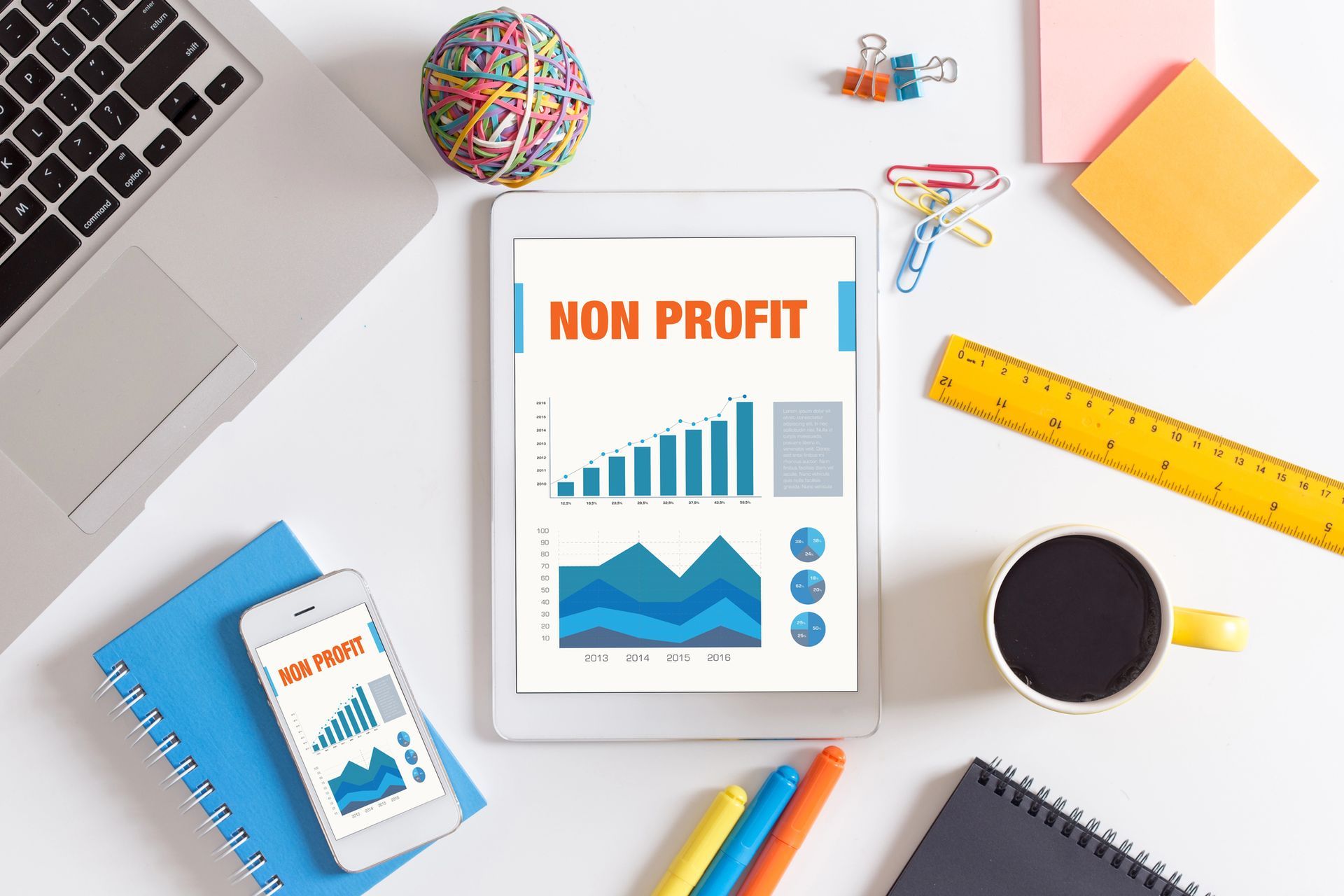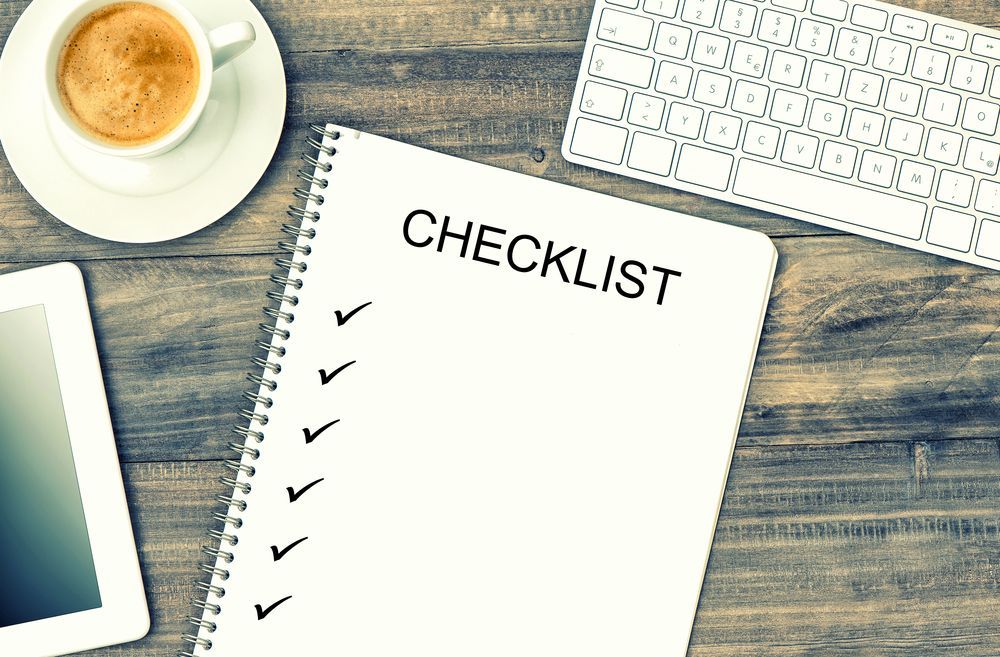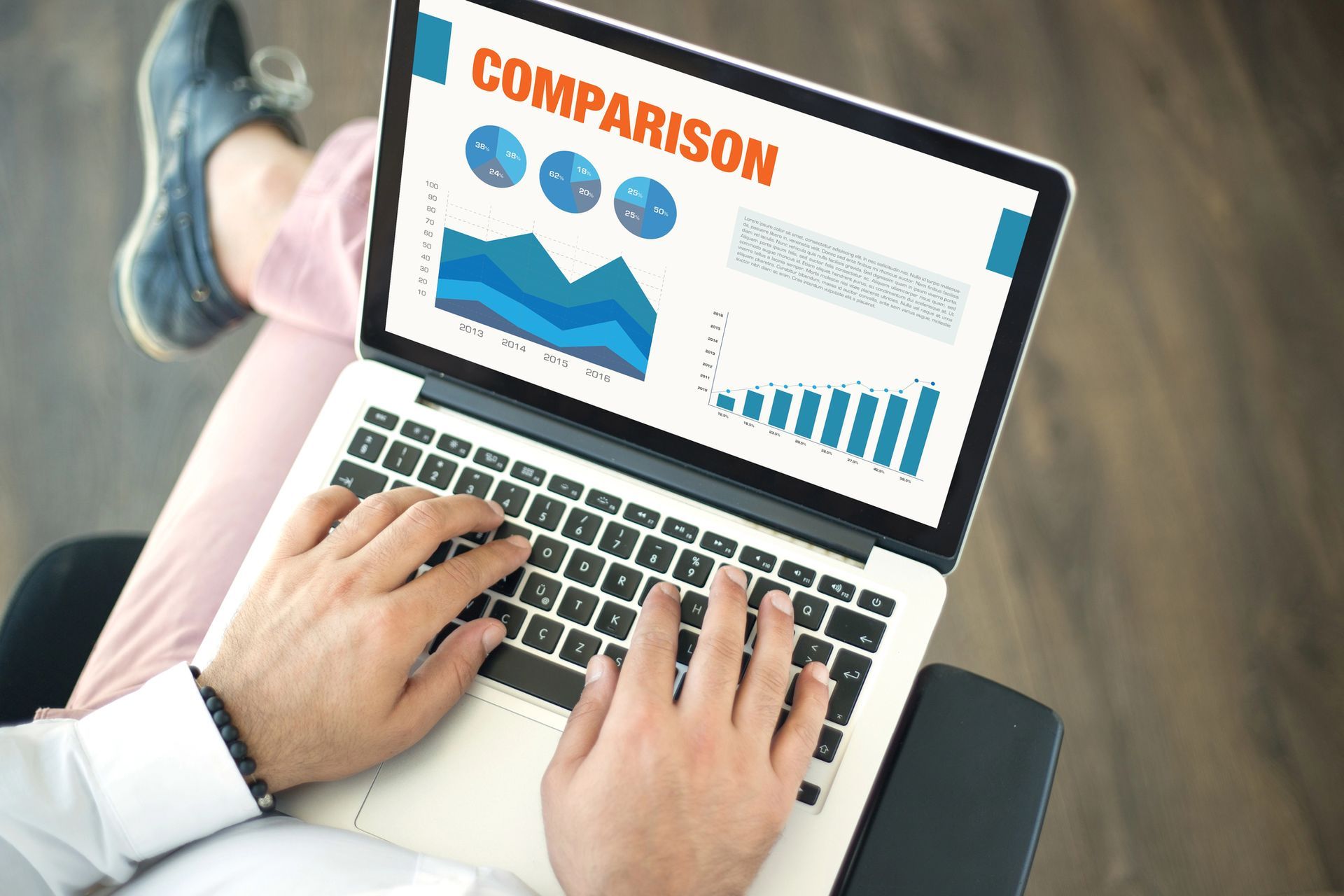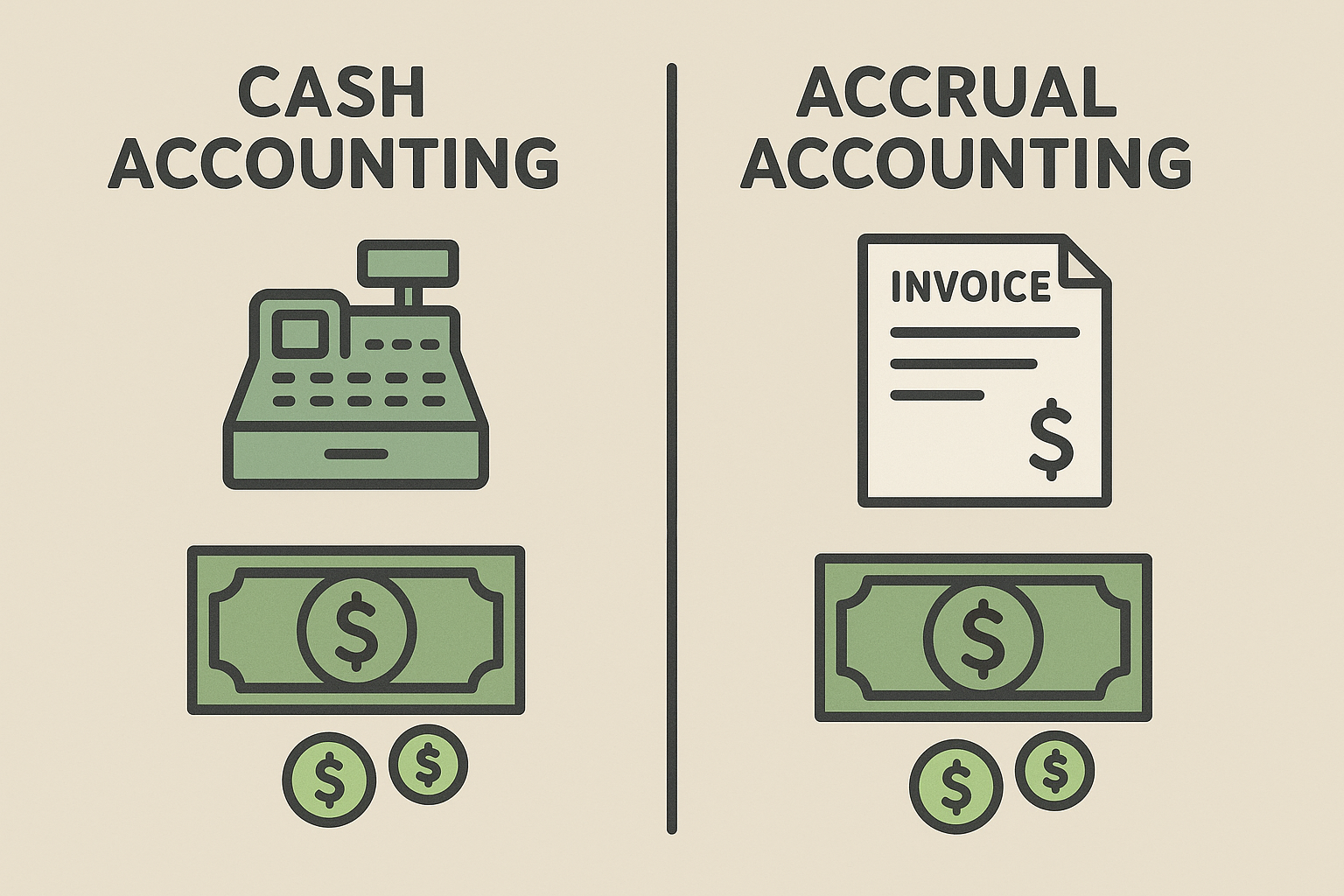Choosing Bookkeeping Software
Linda Gober • February 21, 2020
Choosing bookkeeping
software is such a big decision. If you are just starting a business, you have probably put some thought into how you are going to send out invoices to customers as well as keep track of your finances. There is a lot to it. If you Google bookkeeping, you will more than likely get ads for QuickBooks On-line and a bit further down the page, probably some other options. There are many of them to choose from.
Factors To Consider When Choosing Bookkeeping Software
So how do you choose the right bookkeeping software?
The first thing is not to choose something quickly or just because it looks like it fits you. You want to think through what you want and need to do. Not just today, but you want to plan for growth. That’s why you are in business, right?
Are you just looking to keep track of how much cash you have?
If that’s the case, you might not need anything. Your bank’s website can tell you that at any time.
Are you just looking to be able to complete your tax return?
Again, your bank website plus a spreadsheet may work for you. But you will have to have some good spreadsheet skills.
Are you looking to invoice customers?
Again, you might be able to get away with a spreadsheet and PDF to send them, but how will you track them? How are you going to make sure nothing slips through the cracks?
Will you be using a Point-of-Sale system?
Most of these systems now come with great reporting capabilities. You can see sales information pretty much in real-time.
What about inventory?
If you are carrying inventory, that will make a huge difference in what you choose. If you’re a restaurant you won’t inventory each item you sell, you will inventory the ingredients. However, if you are a retail store, you will inventory each item you sell. How are you going to keep track of that? Inventory losses (shrink) is a huge issue for small business owners.
Are you looking to track your income and expenses regularly, so you will know where you stand?
Do you want some useful information at the click of a mouse? If that’s the case, you are going to want to go with some sort of accounting software.
Then, of course, there’s payroll. How are you going to pay your employees if you have any? How are you going to make sure you stay compliant? These are big issues to think about.
Choosing The Right Bookkeeping Software
If you’ve decided you need some sort of accounting software, what kind? There are many to choose from. Some are free, while some are very expensive. While I am a firm believer that you get what you pay for, I also never want to pay for something I don’t need. How do you find the balance?
Is it one system or a combination of systems?
There are a lot of options to consider when it comes to bookkeeping software. Hopefully, you do this before you start, but if not, don’t panic. There are always ways to improve, and improvement can come at any time. If you have questions on any of these bookkeeping dilemmas, please feel free to contact us. We would love to help you wade through all of it.
In our next blog post, we’ll talk about QuickBooks desktop vs QuickBooks On-line.
